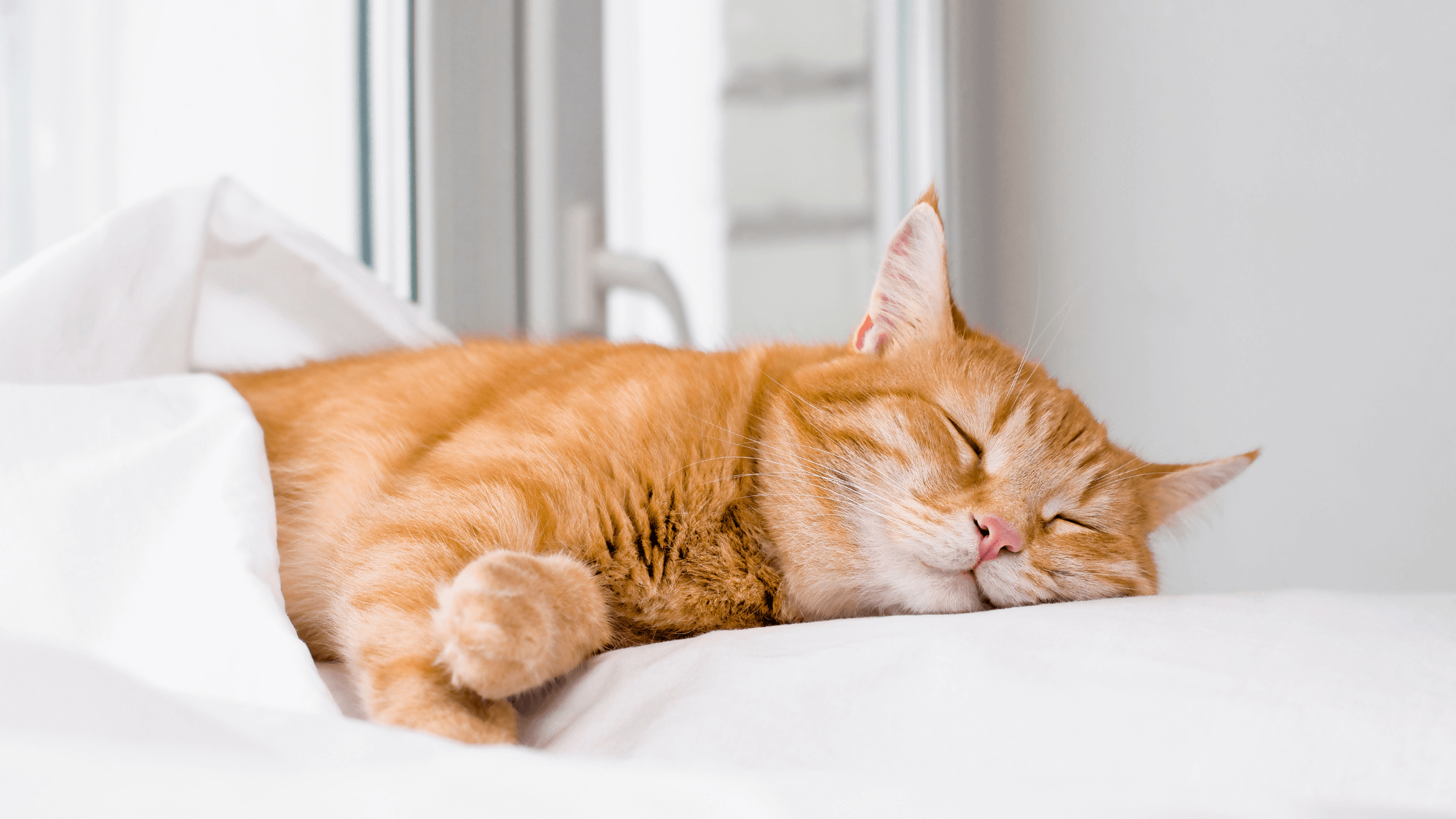The Importance of Sleep: 5 Simple Hacks for Better Sleep
Sleep is a powerful tool for your body, says Dr. Aric Prather, author of "The Seven-Day Sleep Prescription." Adequate sleep can improve your immune system, regulate mood and metabolism, and increase productivity, patience, and creativity. In this blog post, we will share five simple tips for improving your sleep, based on Dr. Prather's book.
Wake up at the Same Time Every Day
If you're having trouble sleeping, it can be tempting to "catch up" on sleep during the weekends or whenever you can. However, this can backfire by further confusing your internal "drivers" of sleep, says Dr Prather. He advises waking up at the same time (or within a half-hour window) every day to regulate your circadian rhythm, which governs your bodily processes and whether you're a night owl or an early bird.
Let Yourself Wind Down
Your brain needs time to decompress from the pressures of the day and prepare you for sleep – ideally, about two hours before your ideal bedtime. The best activity to do before bed will be different for everyone, but some ideas include cleaning, listening to a podcast, journaling, or doing some gentle stretching. These rituals can become environmental triggers that encourage you to shift gears into sleep mode.
To Sleep Better at Night, Start with Your Days
"Sleep and your daytime experience are intimately intertwined," says Dr Prather. If you go full tilt from dawn to dusk without taking any breaks, the pent-up stress will inevitably catch up with you come bedtime. He advises managing your workload, building downtime into your schedule, and actively striving to manage stress.
Test Your Sleep Drive
If you routinely fall short in your self-measured "sleep efficiency," you may have become conditioned to associate being in bed with being awake. Dr Prather advises restricting your bed to sleep and sex only and not going to bed until you're sleepy. If you're still wide awake after 20-30 minutes, get up and continue to wind down elsewhere, with a cup of tea or a book, until you feel like drifting off again.
Investigate Other Possible Issues
If your sleep troubles persist despite your best efforts, Dr Prather advises consulting your doctor. It may be that you need personalised support for CBTI (Cognitive Behavioural Therapy for Insomnia) to be effective. Insomnia could also be indicative of another sleep disorder or underlying medical issue. Obstructive sleep apnea, for example, often goes undiagnosed but is disruptive to sleep.
Final thoughts: The importance of sleep for overall well-being and how to achieve it
Sleep is a fundamental building block for overall well-being, and improving your sleep routine can be "a great entry point" to better overall well-being is closely tied to getting enough quality sleep, and investing in our sleep routines can lead to improved productivity, mood, and overall health. Dr. Aric Prather, author of The Seven-Day Sleep Prescription, shares five simple hacks for better sleep:
- Wake up at the same time each day: Consistency is key when it comes to regulating our internal "drivers" of sleep. Waking up at the same time (or within a half-hour window) every day can help regulate our circadian rhythms and improve our sleep.
- Let yourself wind down: Our brains need time to decompress from the day's pressures and prepare for sleep. Establishing a pre-bed routine, such as cleaning, listening to a podcast, journaling, or stretching, can help signal to our brain that it's time for sleep.
- Start with your days: Sleep and our daytime experiences are closely intertwined. Managing our workload, building downtime into our schedule, and actively managing stress can all help improve our sleep at night.
- Test your sleep drive: If we've become conditioned to associate being in bed with being awake, we may need to start restricting our bed to sleep and sex only, and only going to bed when we're sleepy.
- Investigate other possible issues: If our sleep troubles persist despite our best efforts, we should consult with our doctor. Insomnia could be a symptom of a sleep disorder or underlying medical issue, and seeking professional help can lead to personalised treatment options.
By implementing these tips and making sleep a priority, we can improve our overall well-being and live our best lives while we're awake.
You might also like:
